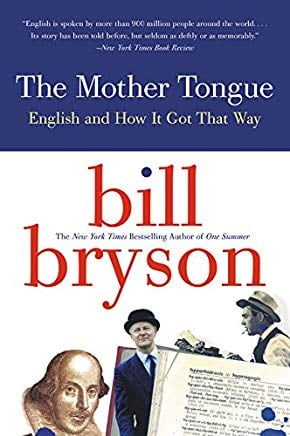First, a short quiz …
Of the two sets of sentences below, pick the one sentence from each set that seems as though it would more effectively serve a marketing or advertising piece (or any piece, really).
1. Our Acme space-saver products will help eliminate clutter in your office.
2. Our Acme space-saver products will eliminate clutter in your office.
1. Give Staff Savers a call! We’ll ease the burden on your overworked staff!
2. Give Staff Savers a call! We can help ease the burden on your overworked staff!
I don’t know about you, but I want the Acme space-saver product that is determined to do the decluttering (option #2). I don’t want the wishy-washy company that’s going to “help” me declutter my office. So when it comes to writing your copy: Be bold! Be assertive! Be confident! And be certain to eliminate the word “help” from your copy!







 Nearly everybody has an Achilles’ heel when it comes to writing…that one grammar rule you can’t remember without double-checking a grammar guide first, or that tough-to-spell word you have to check in the dictionary every time you write it (so you don’t look dumb). Some writers aren’t great with prepositions, yet they never confuse verb tenses, and other writers aren’t great with punctuation usage, but they never misspell any words, and so on. Such Achilles’ heels in writing are why writers prefer to rely on editors and proofreaders.
Nearly everybody has an Achilles’ heel when it comes to writing…that one grammar rule you can’t remember without double-checking a grammar guide first, or that tough-to-spell word you have to check in the dictionary every time you write it (so you don’t look dumb). Some writers aren’t great with prepositions, yet they never confuse verb tenses, and other writers aren’t great with punctuation usage, but they never misspell any words, and so on. Such Achilles’ heels in writing are why writers prefer to rely on editors and proofreaders.


